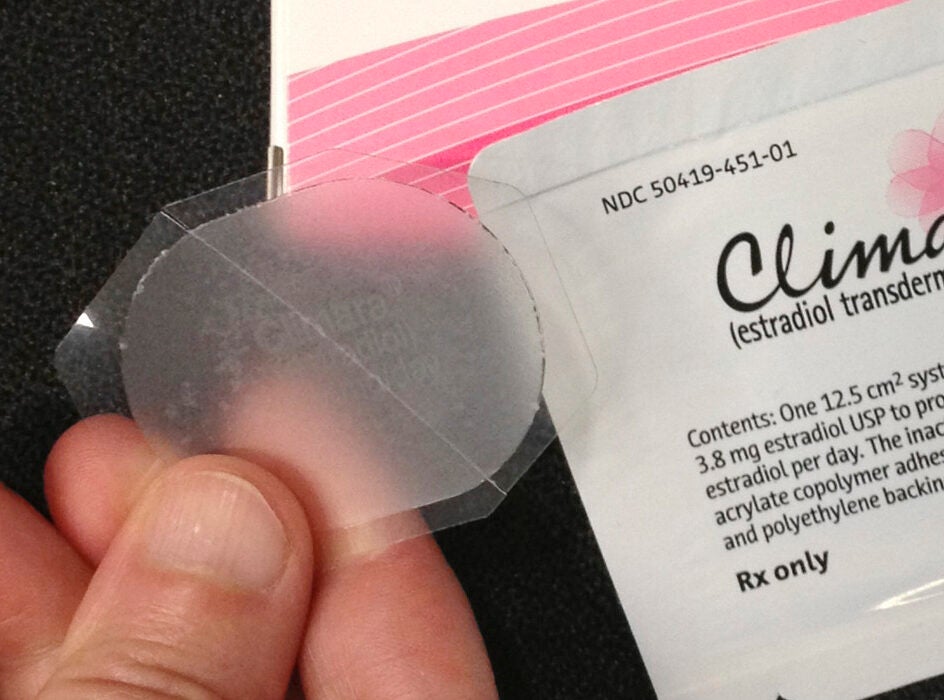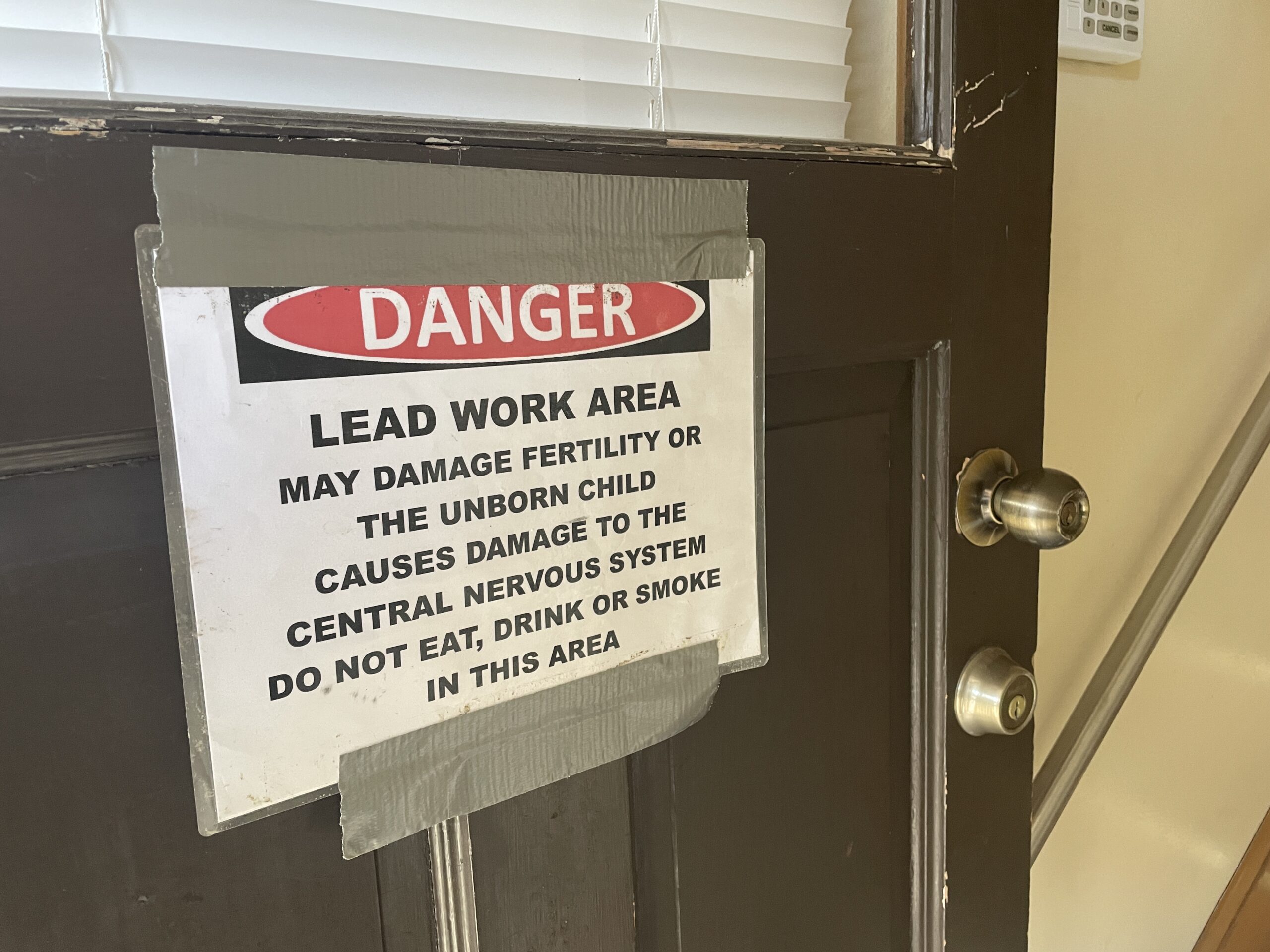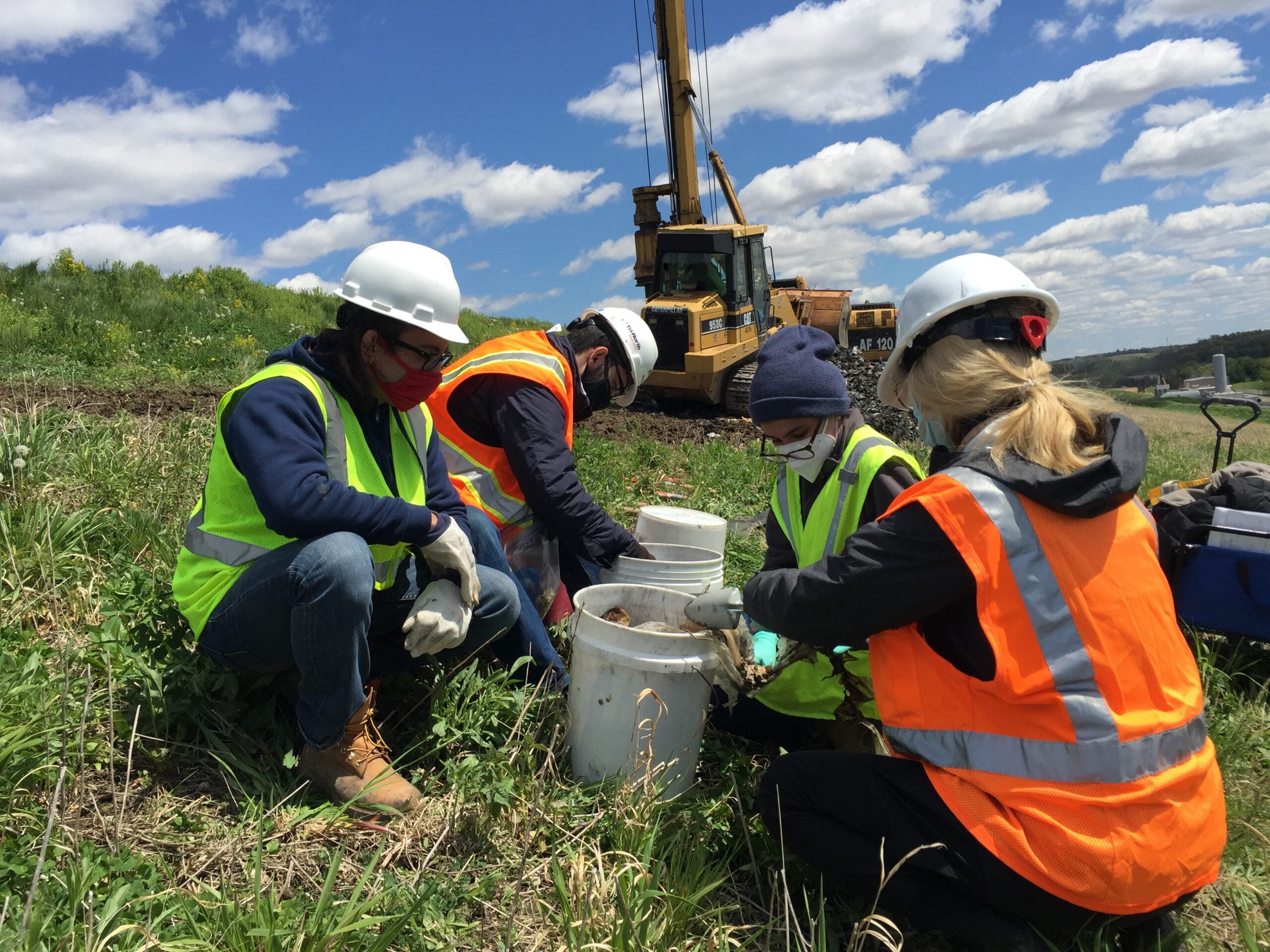Bloating can come from artificial sweeteners, medications and a host of other things, and a doctor has come up with a way to fight the bloat. Our guest explains the reasons behind, and solutions to, bloating. We also talk to an entomologist about her work to reduce tick populations in Wisconsin and what you can do to protect yourself from tick bites.
Featured in this Show
-
Acid Reduction Medication Could Be Source Of Bloating
Bloating is something that a lot of people experience, but no one likes to talk about it. While bloating is often shrugged off as something that’s merely uncomfortable, it can be a sign that there’s something seriously wrong with a person’s digestive system.
Dr. Robynne Chutkan said gastrointestinal health is crucial to people’s overall health and well-being. She’s the founder of the Digestive Center for Women and the author of the book, “The Bloat Cure: 101 Natural Solutions for Real and Lasting Relief.”
“(Bloating is) a way of a body giving us important feedback through the gut that all is not well, and so it’s important to take heed and not just ignore it,” she said.
One cause of bloating could be acid reduction medication. Chutkan said it’s important to have acid in the stomach to help break food down and to create the right pH balance for food digestion. These medications diminish that acid and allow bacteria to overgrow in the upper gastrointestinal tract, which leads to bloating. They also lead to improper or incomplete absorption of important nutrients. These problems happen when people take these acid reduction medications over long periods of time.
“These drugs were initially approved really just for use for a couple months at a time, to heal ulcers, but now we use them long-term,” said the gastroenterologist. “I have patients who’ve been on these drugs for decades and its really messing up their digestion.”
She emphasized it’s important to check with a doctor before patients stop these medications and to taper these drugs slowly instead of stopping cold turkey. That could lead to a surge of acid and an increase in symptoms, she said.
Another contributing factor to bloating could be eating dinner past a stomach’s bedtime. The muscular contractions of the stomach are tied to the light-dark cycle, or circadian rhythm. That means when someone eats a large dinner on a dark winter’s night, the stomach isn’t contracting enough to get the digestive system moving. Adding insult to injury is the fact that people typically go to bed not too long after eating dinner, which takes away gravity to help get things moving from the stomach through the body.
“So, it’s sort of a triple threat of the stomach’s barely contracting, we don’t have the benefit of gravity, and we’re not moving to stimulate peristalsis (a series of wave-like contractions that move food from the stomach to other processing stations in the digestive tract), and that’s just a major setup for bloating,” she said.
One of Chutkan’s biggest recommendation for avoiding bloat is eating a plant-based diet rich in indigestible plant fiber, which she said will feed existing bacteria and help to grow a “good gut garden.” She said plants people should eat are those high in inulin fiber, like onion and garlic, and anything with stringy fiber, like celery.
-
How To Prevent Tick And Mosquito Bites In Wisconsin
As the weather warms up, you might want to get outside and enjoy the great outdoors in Wisconsin. One roadblock might be the bugs, and the disease they carry. Two years ago, an entomologist only found 32 deer ticks when doing research in the UW Arboretum in Madison. A year later, she found 592 immature deer ticks. She discusses her research about ticks in Wisconsin, her work to reduce tick populations, and how you can prevent tick bites.
-
The Bloat Cure: A Doctor Shares Her Wisdom About Relieving Bloating
At her medical practice The Digestive Center for Women, Dr. Robynne Chutkan has helped thousands of women tackle bloating and other digestive issues. She shares her wisdom and discusses her new book, “The Bloat Cure.”
Episode Credits
- Rob Ferrett Host
- Veronica Rueckert Host
- Amanda Magnus Producer
- Dr. Robynne Chutkan Guest
- Susan Paskewitz Guest
Wisconsin Public Radio, © Copyright 2026, Board of Regents of the University of Wisconsin System and Wisconsin Educational Communications Board.





